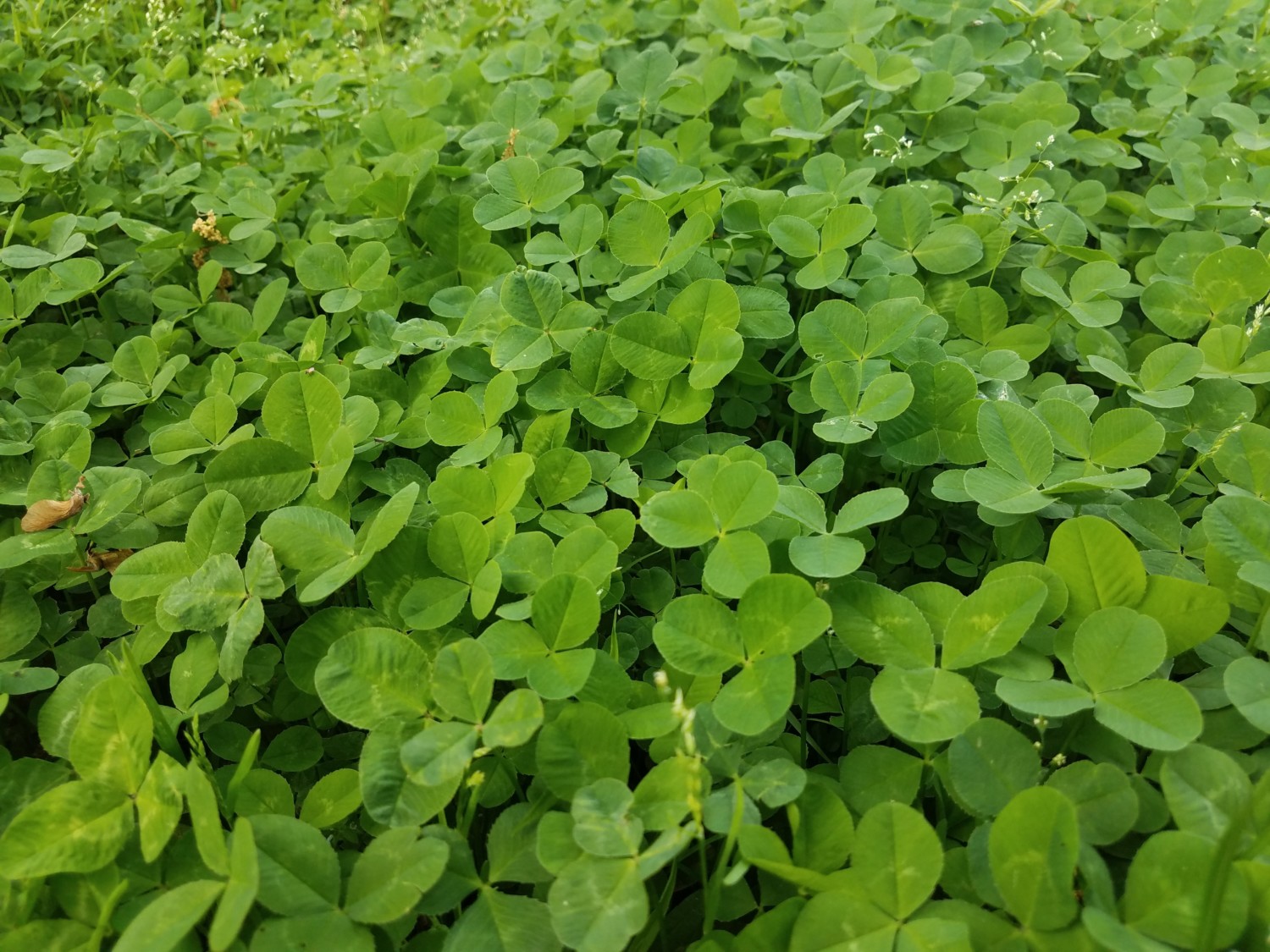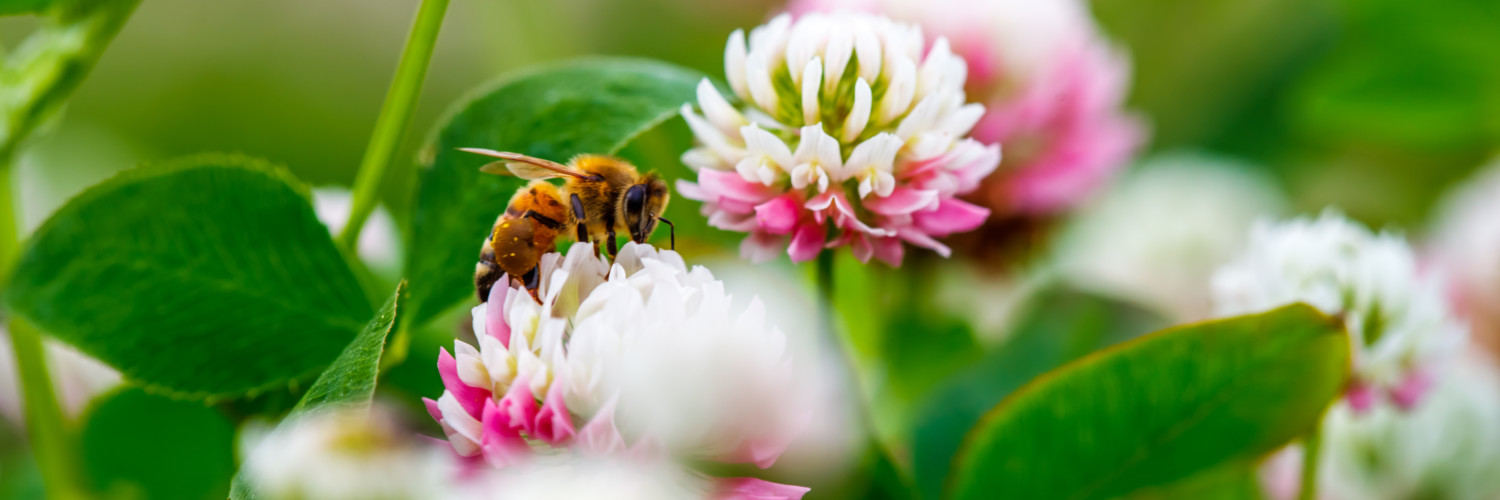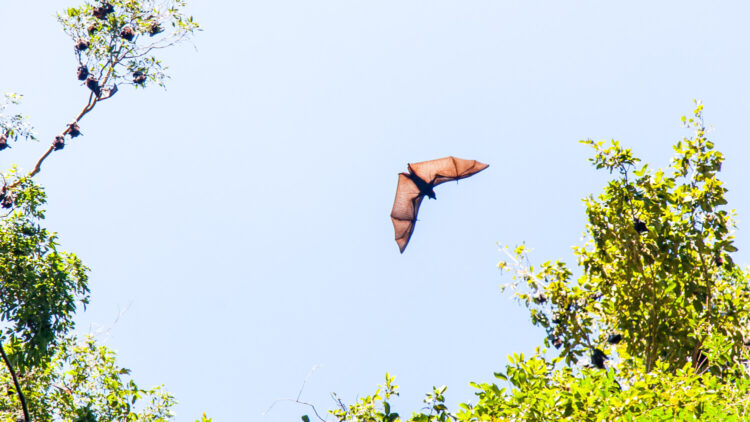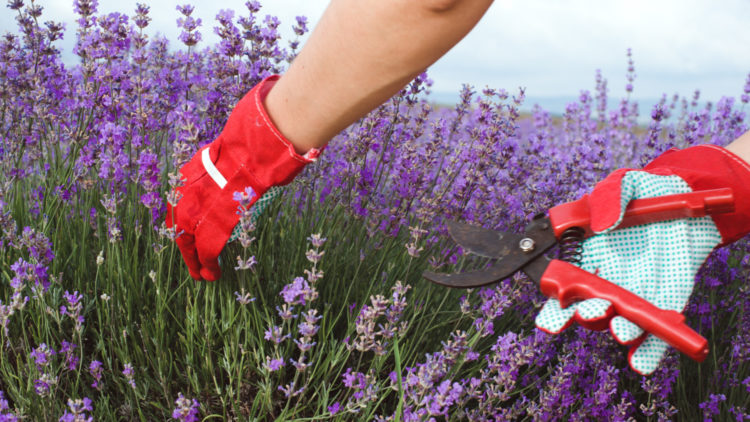Clover lawns are trending: Here are the pros and cons of this landscaping technique
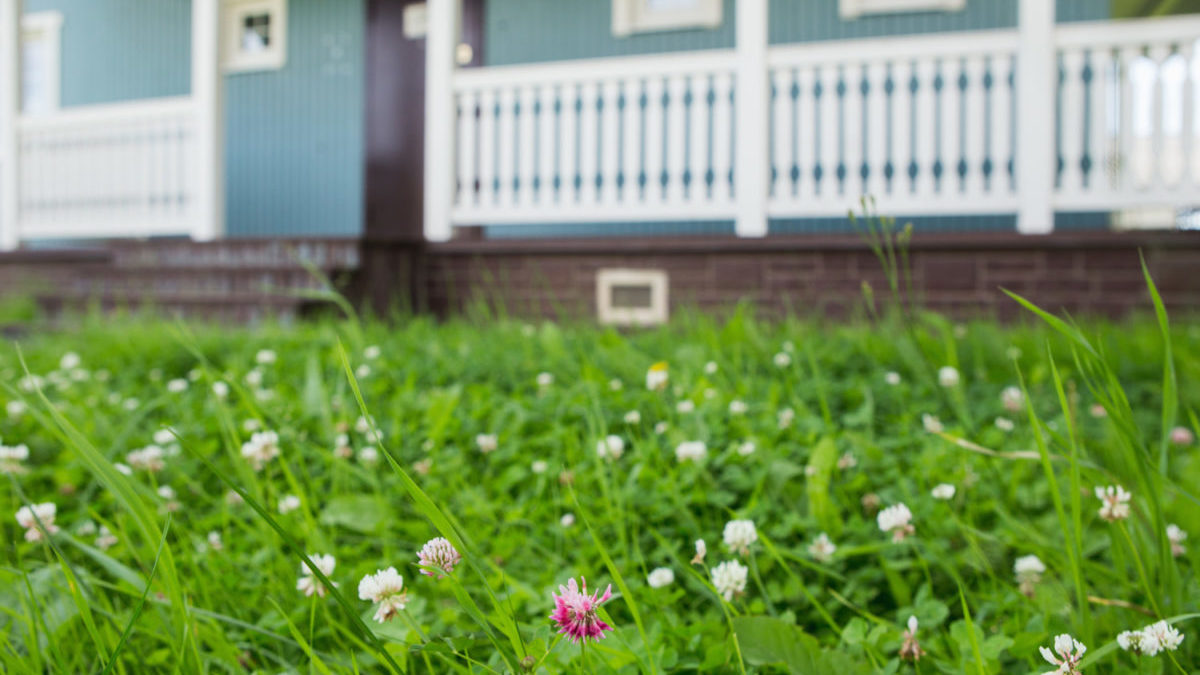
There’s a new trend sweeping the country and it’s geared toward people who want to cut back on lawn maintenance but still enjoy a soft green landscape. It’s called clover lawns, and the name pretty much explains it all. While clovers were once thought of as pesky weeds, they are now being looked at as a hassle-free alternative to grass.
Clovers are easily identified by their shamrock leaves and they are able to densely cover ground space in a hurry. Some varieties of clover even flower, like Dutch clover, which is also known as white clover. Keep reading for some ways to put this plant to work in your lawn or just to satisfy your curiosity about this new lawn care trend.
How are People Creating Clover Lawns?
People are leaning into this trend in a few different ways. For starters, those who already have a few areas where clover has sprouted are changing course. Rather than fighting with the clover and trying to control it, they’re simply letting it take over. In short, simply let these weeds do their thing if you see clover popping up.
Clover does well in U.S. Department of Agriculture plant hardiness zones 3 through 10 and will spread faster in shady places. If you’re unsure if your soil is right for clover, check in with your local nursery before introducing them. If you are interested in planting clover, The Old Farmer’s Almanac recommends adding it to existing grass for maximum strength but says it’s easy to plant on its own if you mix the seed with enough sand to make for simple spreading.
What Are the Benefits of Clover Lawns?
Perhaps the biggest immediate benefit to clover lawns: rather than weekly mowing, they only need to be mowed a few times per year. Another bonus? They use less water. These eco-friendly yards grow in low-fertility soil and eliminate the need for fertilizer, saving you some money and hassle.
Did we mention that a yard full of clover is pretty to look at? They are more textured than traditional grass landscapes, which may bother some traditionalists, but they offer a sense of unorganized natural beauty that is hard to resist.
Clovers are in the legume family and take nitrogen from the air and transfer it to the ground. This gas benefits plants and soil within proximity. The more you reduce the amount of synthetic herbicide used on your lawn, the more you can increase its biodiversity. They also tolerate both cold and hot weather, making clover lawns unfussy choices.
If you have a dog, you likely know how quickly urine spots can turn your green grass into a yellow mess. This won’t occur with clover. It’s also known to be bee-friendly, as it encourages pollinators to visit, which could be a major negative if you have a family member with a bee allergy.
Are There Downsides to Clover Lawns?
Aside from their bad-weed reputation, there honestly are not a lot of cons to clover lawns. The biggest issue is that clover doesn’t handle heavy foot traffic as well as grass, where extensive wear and tear occurs. If you are constantly having teenagers play soccer in the backyard, a clover yard may not be a good fit. But the Old Farmer’s Almanac says you can significantly strengthen clover by combining it with grass, rather than relying on it alone.
Clover is a short-lived perennial, so you may need to reseed every two to three years, which could be viewed as a negative. The good news is that clover seed is highly affordable on average, although prices have reportedly risen in recent years.
When you think about it, a weed is simply a plant you don’t want growing in a particular spot. It’s not that clovers are bad, people just used to want a lawn consisting of 100% grass and now they are coming around to lawns that are either 100% clover or a mix. The beauty is that if you’re a homeowner, you get to decide.


